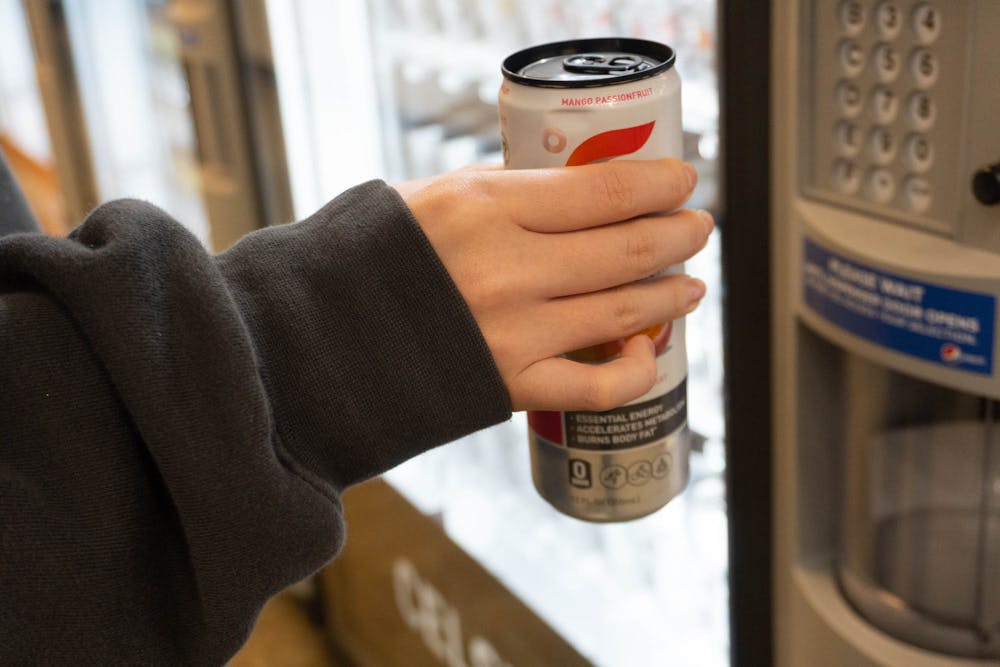On Sept. 10, 2022, Sarah Katz, a student at the University of Pennsylvania, ordered Panera Bread’s Charged Lemonade, a sugary, unassuming drink that contains 260 milligrams of caffeine in 20 fluid ounces.
Katz had a heart condition called long QT syndrome type 1, a heart-signaling disorder causing fast and chaotic heartbeats. After drinking this Charged Lemonade, she experienced cardiac arrest and later died.
Although the caffeine amount was labeled on the beverage, drinks are not required to disclose caffeine content on their labels, much less indicate what a normal dosage actually is for the stimulant, leaving habitual college consumers facing detriment.
Caffeinated beverages have become quintessential for the average college student's lifestyle. They allow us to power through the late-night study sessions and survive mundane early-morning lectures. Students fulfill an urge to be constantly alert and efficient as the pressures of college grow. 51.5 percent of college students consumed a caffeine level equivalent to four or more cups of coffee per day in a 2018 study.
Energy drink brands have capitalized on this culture, hiring students as brand ambassadors, driving around attention-grabbing Red Bull branded cars and even standing in the Pit to hand out sample energy drinks to students.
What could be more convincing to become hooked on energy drinks than to make them highly available on campus and sell them as a necessity for academic success? These companies know their audience. While these drinks may be sold as silver bullets to many daily problems, the overconsumption of them leads to worse health outcomes.
A few universities have gone so far as banning sales of energy drinks on campus due to their negative influences on students. In 2016, Middlebury College banned the sale of energy drinks on campus linked to “problematic behavior” such as “high-risk sexual activity.”
While I do think that students might need to reevaluate their dynamic with caffeine, I’m not the moral police and will not go so far as say they need to be banned: I would surprise myself if I’m not in Davis Library during finals guzzling a Sparkling Peach Vibe Celsius or a concerning amount of Diet Mountain Dew.
I do think college students need to be given the relevant information to make these choices, be aware of the negatives, understand the potential benefits of energy drinks and have a scale for regulating consumption.




